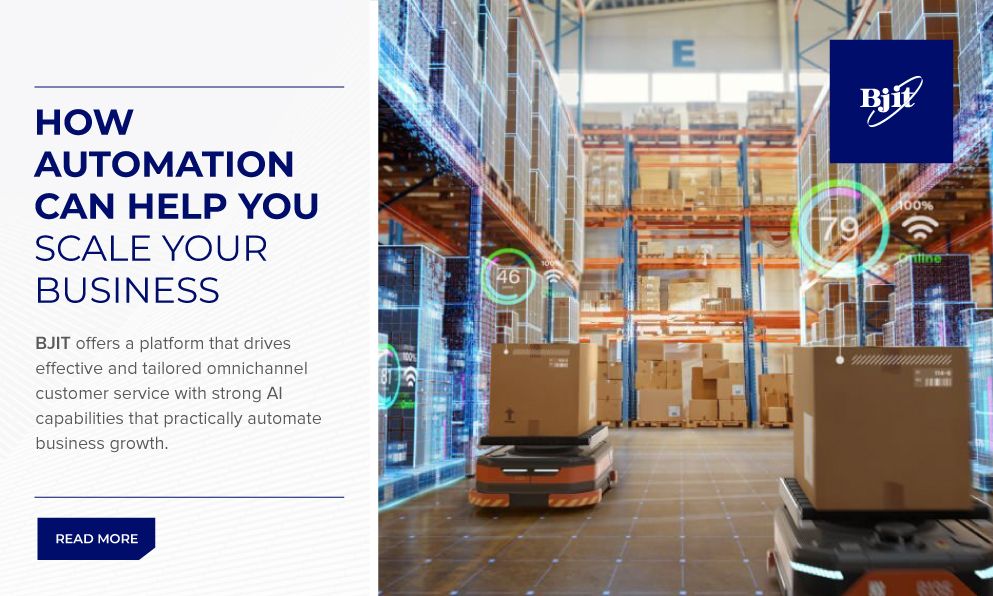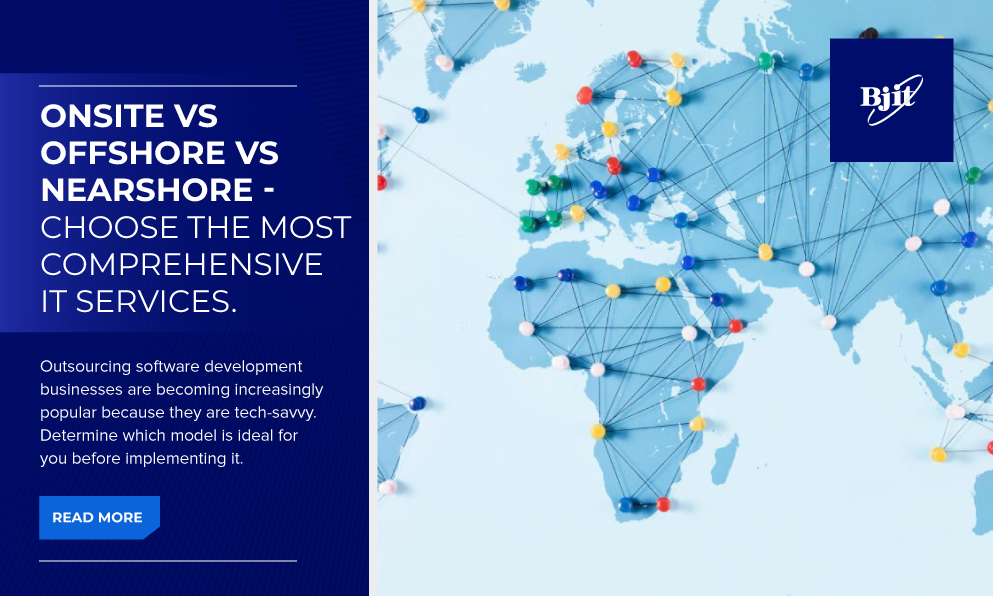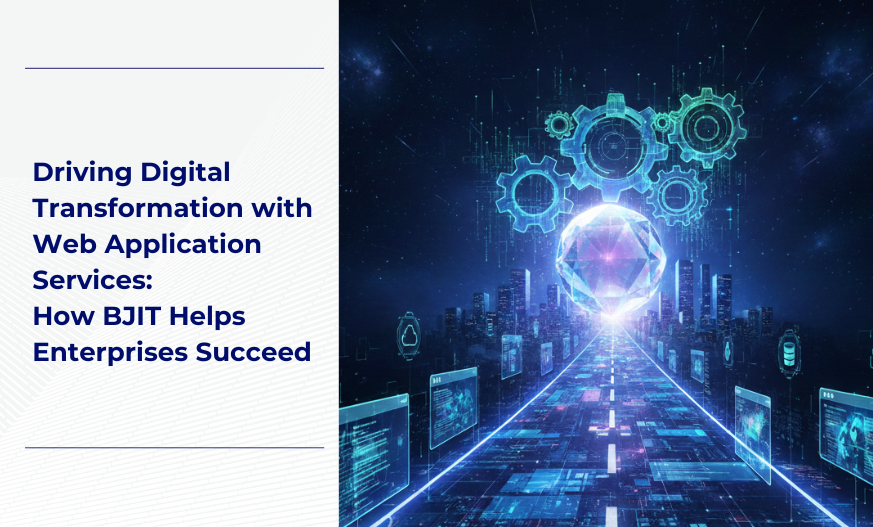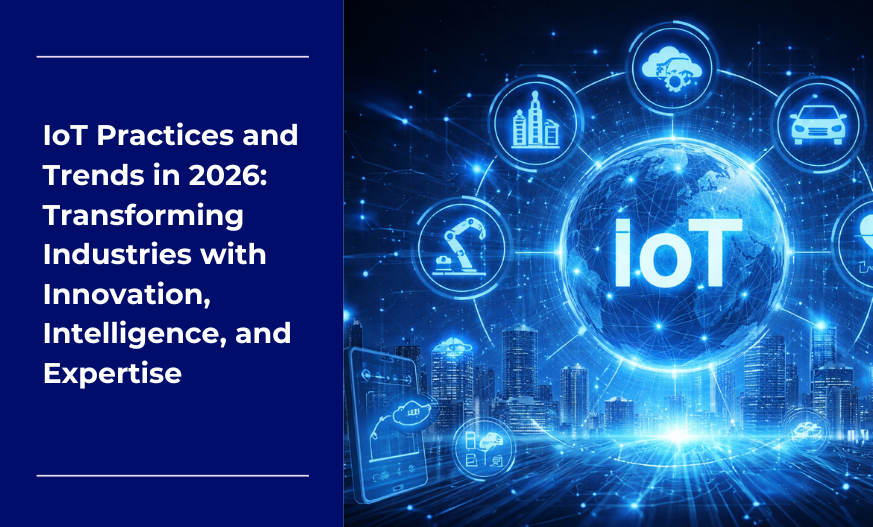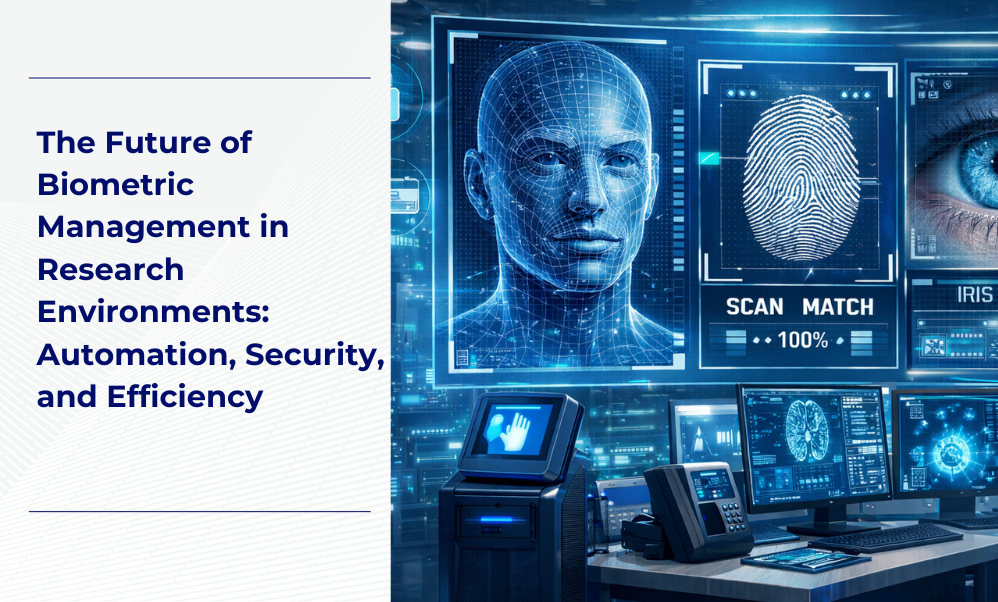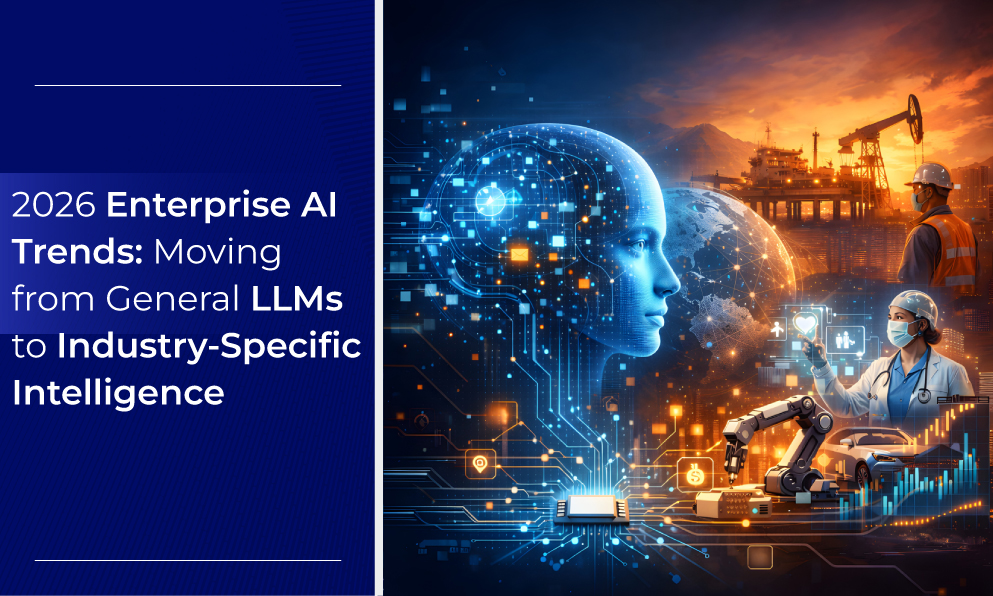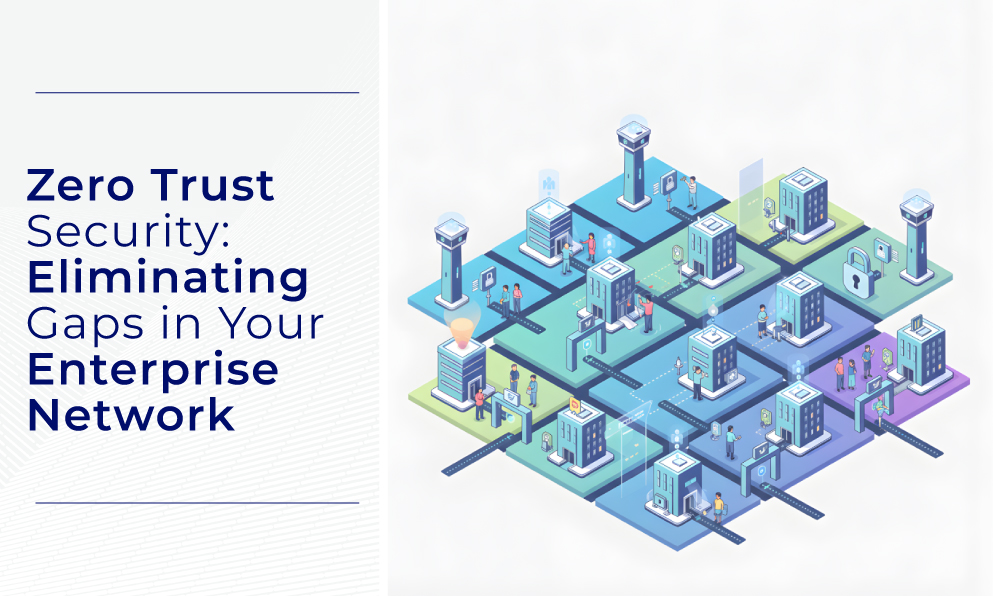The Tech Trends for 2022 include large and rapid changes in areas including data ubiquity, new cloud architecture, the rising importance of IT, and the development of digital devices—all of which interact with the workplace in important ways.
This year, work has taken on a whole new meaning. The suit-and-tie tradition has declined over the past ten years, and the COVID-19 pandemic has sped up significant technological advances in the business sector. On the other hand, human conduct has not changed over time. People will complete tasks and conquer challenges in the face of difficulty. This shows that, in contrast to popular belief, not only will things become better in the future, but automation will not eliminate jobs.
As a result, BJIT has become more perceptive, intelligent, and instructive for clients as a result of technology investments and innovative, cutting-edge methodologies. Learn how BJIT's Diversity, Work, and Technology can help you dominate the global market in 2022 and beyond.
The benefits of workplace Diversity, Inclusion, and Equity
Diversity and inclusion (D&I) include much more than guidelines, projects, and employee numbers. Employers who recognize the unique requirements, perspectives, and capabilities of each team member outperform their rivals. Employers who value inclusion and diversity will benefit from the increase in employee loyalty and trust.
Payment fairness must be promoted by the employer. Managers must foster a competitive and equal-opportunity environment for all employees. Analytics may help companies figure out whether employees are underpaid for similar activities or responsibilities. Diversity training benefits employees by teaching them how cultural variations affect how individuals work and interact.
7 cutting-edge technological innovations that are impacting workplace volatility in 2022
As the pace of digitization and virtualization of business accelerates, fueled by innovation, let's have a look at some significant technological advances.
Artificial Intelligence (AI) and Machine Learning:
Artificial intelligence (AI) and machine learning have gotten a lot of press, and they're still one of the most talked-about emerging technologies because of their massive implications for how we live and work. Machine learning and artificial intelligence are contributing to the creation of models that can evaluate and deliver more accurate and rapid results from increasingly complicated data. In the long run, practically every business will be affected by artificial intelligence. Artificial intelligence is used in smartphones, automobiles, healthcare systems, and popular applications, and it will soon infiltrate many more industries.
Research on cancer and climate change are two areas where artificial intelligence is becoming more popular. Machine learning has been proven to be beneficial in most organizations with a large amount of data. This year, AI's primary philosophy of employing technology will undoubtedly develop, and it will continue to define corporate culture.
Blockchain:
Blockchain technology has the potential to provide companies with a secure, digital substitute for their ineffectual, time-consuming, paper-intensive, and usually expensive traditional processes. banking methods. Blockchain has a significant impact on financial transactions since it eliminates shortcomings and saves money. Due to their decentralized organization and the accuracy of the data in their ledgers, they also offer improved security. It will be another superpower this year in terms of technical advancements for the industry.
Robot Process Automation (RPA):
This term refers to the use of business process automation software for tasks including data processing, insurance and finance, system integration, and even email responses. RPA automates tasks and processes that, up to now, needed human participation.
Cloud Computing:
Data may be shared in the cloud, which is actually decentralized via satellite networks. Every cloud application has a host, and the hosting business is responsible for maintaining the large data centers that offer the secrecy, memory size, and processing capability necessary to safeguard any client data transported to the cloud.
The most well-known cloud hosting providers include Amazon Web Services, Azure, iCloud, and Google Drive, however, there are many more large and small ones. In 2018, "cloud computing" will be used to describe any new technology or fad, and there will be a ton more creative and avant-garde uses for it.
Internet of Things (IoT):
The Internet of Things is yet another exciting new technical advancement (IoT). They can connect to the Internet and other nearby devices thanks to the Wi-Fi connections. Information may already be sent between electronic devices, household appliances, cars, and other technology.
An Internet of Things (IoT) network is a collection of web-enabled smart devices that use embedded systems like CPUs, sensors, and communication hardware to gather, transmit, and respond to environmental data. Sensor data may be exchanged and then sent to the cloud for analysis when IoT devices communicate with an IoT gateway or other edge system.
Product Customization:
Customizing products: Three-dimensional printing, sometimes known as 3D printing, is a technique for creating three-dimensional objects. Products that can be changed to suit the demands of the consumer are said to be customizable. Robotics. These ideas have been around for a while. They have come together to alter how products are created, advertised, and sold. Gains in productivity, adaptability, and personalisation are all rising. The whole production process is altered, from customized Nike sneakers to personalized versions of high-end vehicles. Some businesses may believe that manufacturing has finally completed its long journey from handcrafted items to mass production after more than a century.
Augmenting humans with machines:
Without even realizing it, we have all evolved into what our ancestors would have called "bionic" people: humans with technologically augmented abilities. Online collaboration (think Slack and Miro boards) is the starting point, followed by wearable technology (think Google Glasses) and virtual reality settings where people can design new ships and aircraft and test them out before they are built. Insurance risks may now be analyzed in milliseconds thanks to machine intelligence, which is based on neural networks and learning algorithms. The range of how and where to work is done in firms has increased as a result. The focus is shifting from the responsibilities that workers carry out to the potential that people and technology can provide.
Industry Fusions
The advancement of artificial intelligence, together with other cutting-edge technologies, has changed the world. Organizations are becoming more creative in their responses, looking outside of their industry constraints. The latest technology trends 2022 will go down in history as the year of the technological mashup.
- Technology in the Retail Industry: Among other things, technology may aid in business process reengineering, just-in-time ordering, electronic shelf labelling, and point-of-sale systems. These advantages include improved performance and efficacy, cost reductions, and quality enhancements.
- Technology in the Automotive Industry: We are getting closer to the idea of a smart city as a result of advancements in artificial intelligence, big data, 5G, and the internet of things, which are transforming driving, optimizing our roadways, and providing safety, comfort, and reducing fuel emissions.
- Technology in the Hospitality Industry: Better reservation, communication, and customer service systems are advantageous to both patients and companies. The use of affordable electronic labor to substitute expensive human labor has helped the tourism and hospitality industries. This fixes customer service difficulties in addition to reducing labor expenditures.
- Technology in the FinTech industry: Technology in the FinTech sector: Thanks to developments in technology, customers may now access financial services from any location. This technology enhances and replaces current systems. Everything is handled, including server management and financial transactions. Fintech may offer straightforward management solutions or easy transactions.
Conclusion: We are living through a historic transformation
When it comes down to it, workers are the ones who set today's standards. According to studies, employees today have more negotiation leverage than they have ever had. Employees are shifting jobs for a variety of reasons, including the need for more flexible work environments and higher pay, as well as the dominance of automation and technology in virtually every field. There will surely be more changes to dominate in the global workforce.
